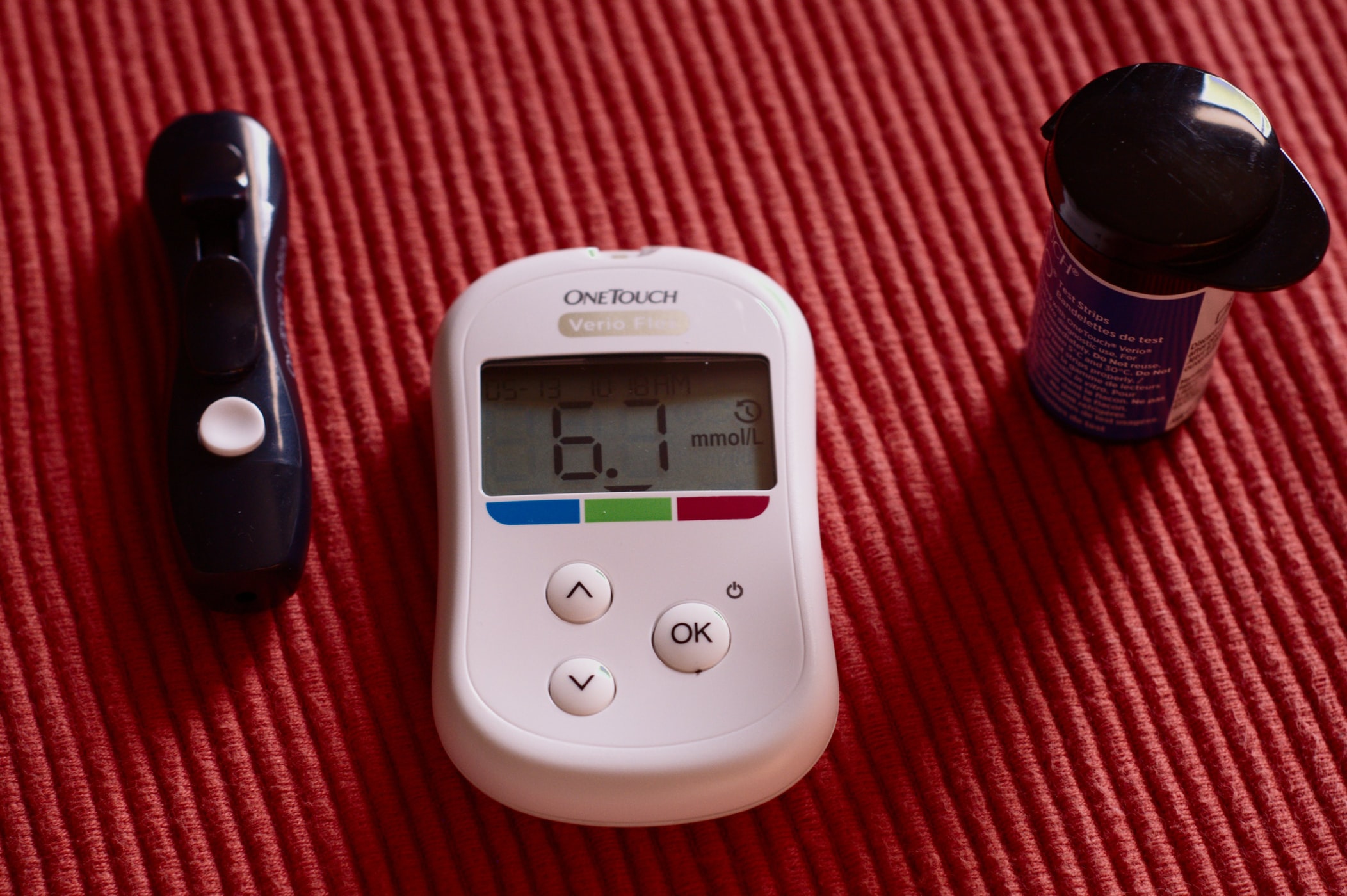
Published 2021-07-12
Keywords
- diabetes,
- approach to,
- management,
- type 2 diabetes,
- treatment
- pharmacotherapy,
- treatment algorithm ...More
How to Cite
Copyright (c) 2021 McGill Journal of Medicine

This work is licensed under a Creative Commons Attribution-NonCommercial-ShareAlike 4.0 International License.
Abstract
Type 2 Diabetes Mellitus (T2DM) is a chronic and insidious disease that is on the rise worldwide. Diabetes pharmacotherapy is complex and varied, and recent studies of novel antihyperglycemic drugs have raised important considerations for the management of T2DM. This review provides an overview for the diagnosis of T2DM, glycemic targets for individuals with a T2DM diagnosis, and outlines a general approach to the management of T2DM, with an emphasis on how to select the appropriate pharmacotherapy using a fictional case as an example. Hypoglycemia, a complication of pharmacotherapy, macrovascular and microvascular disease resulting from T2DM, and other forms of diabetes mellitus are also briefly reviewed.
Downloads
References
- Diabetes Canada Clinical Practice Guidelines Expert Committee. Diabetes Canada 2018 Clinical Practice Guidelines for the Prevention and Management of Diabetes in Canada. Canadian Journal of Diabetes. 2018 Apr;42(1):S1-S325.
- Pinsker JE, Shank T, Dassau E, Kerr D. Comment on American Diabetes Association. Approaches to Glycemic Treatment. Sec. 7. In Standards of Medical Care in Diabetes—2015. Diabetes Care 2015; 38 (Suppl. 1): S41–S48. Diabetes Care. 2015 Oct 1;38(10):e174-.
- UK Prospective Diabetes Study (UKPDS) Group. Intensive blood-glucose control with sulphonylureas or insulin compared with conventional treatment and risk of complications in patients with type 2 diabetes (UKPDS 33). The lancet. 1998 Sep 12;352(9131):837-53.
- Diabetes Prevention Program Research Group. 10-year follow-up of diabetes incidence and weight loss in the Diabetes Prevention Program Outcomes Study. The Lancet. 2009 Nov 14;374(9702):1677-86.
- Diabetes Prevention Program Research Group. Reduction in the incidence of type 2 diabetes with lifestyle intervention or metformin. New England journal of medicine. 2002 Feb 7;346(6):393-403.
- Look AHEAD Research Group, Wing RR, Bolin P, et al. Cardiovascular effects of intensive lifestyle intervention in type 2 diabetes [published correction appears in N Engl J Med. 2014 May 8;370(19):1866]. N Engl J Med. 2013;369(2):145-154.
- Ricci-Cabello I, Ruiz-Pérez I, Rojas-García A, Pastor G, Rodríguez-Barranco M, Gonçalves DC. Characteristics and effectiveness of diabetes self-management educational programs targeted to racial/ethnic minority groups: a systematic review, meta-analysis and meta-regression. BMC endocrine disorders. 2014 Dec 1;14(1):60.
- Steinberg J, Carlson L. Type 2 Diabetes Therapies: A STEPS Approach. American family physician. 2019 Feb 15;99(4):237-43.
- Sherifali D, Nerenberg K, Pullenayegum E, Cheng JE, Gerstein HC. The effect of oral antidiabetic agents on A1C levels: a systematic review and meta-analysis. Diabetes care. 2010 Aug 1;33(8):1859-64.
- Weng J, Li Y, Xu W, Shi L, Zhang Q, Zhu D, Hu Y, Zhou Z, Yan X, Tian H, Ran X. Effect of intensive insulin therapy on β-cell function and glycaemic control in patients with newly diagnosed type 2 diabetes: a multicentre randomised parallel-group trial. The Lancet. 2008 May 24;371(9626):1753-60.
- Hepburn DA, MacLeod KM, Pell AC, Scougal IJ, Frier BM. Frequency and symptoms of hypoglycaemia experienced by patients with type 2 diabetes treated with insulin. Diabetic medicine. 1993 Apr;10(3):231-7.
- Anderson TJ, Grégoire J, Pearson GJ, Barry AR, Couture P, Dawes M, Francis GA, Genest Jr J, Grover S, Gupta M, Hegele RA. 2016 Canadian Cardiovascular Society guidelines for the management of dyslipidemia for the prevention of cardiovascular disease in the adult. Canadian Journal of Cardiology. 2016 Nov 1;32(11):1263-82.




